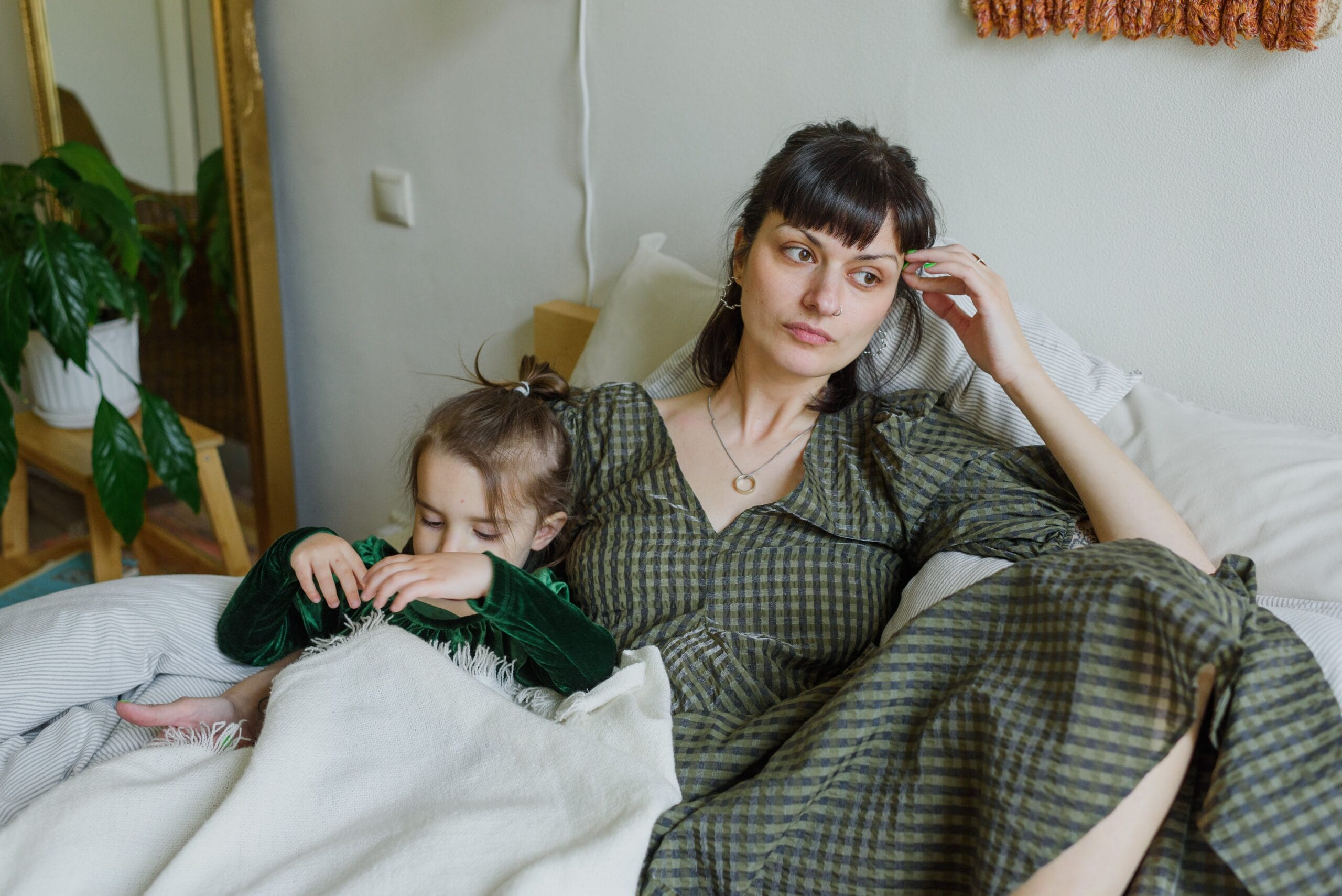My kids make me feel burned out. Am I a bad parent?
We can feel burned out when there’s a build-up of stress in any area of our lives and one of those areas may include parenting. Feeling burned out typically involves a combination of emotional, mental and physical symptoms. For carers, this is amplified with a 2021 Wellbeing survey showing they are two and a half times more likely to have low well being.
What are the signs of caregiver burnout?
Some of the symptoms of burnout may include confusion, short -temperedness, constant tiredness, being easily irritated, forgetfulness, low mood, feelings of isolation and poor sleep. Having these symptoms and feeling burned out doesn’t make you a bad parent or carer, it’s simply an indicator that you’re feeling very stressed. When stressed we have high levels of adrenaline and cortisol in our body, we’re unable to think rationally and tend to be very reactive.
Our energy is a finite resource, and no matter how much we love our family we can still feel spent and burned out. While anyone can be affected, the research suggests that those with perfectionistic tendencies, those with limited resources and those with little or no support are more at risk.
Research has shown that there are four characteristics of parental burnout.
- Physical and /or emotional exhaustion as a parent,
- Negative comparisons or shame regarding your parenting ie you’re not handling things as well as you think you should,
- Feeling ‘fed up’ or intolerant as a parent, and
- Distancing yourself emotionally from your children.
The distancing becomes a function of preserving your emotional energy and is followed by a lack of enjoyment or sense of fulfilment in parenting. People sometimes may think/feel “I love my kids” but “sometimes I really don’t like them around me” or “I really need some time out from being a parent”.
The stages are not sequential and can build on each other, together with feelings of frustration, guilt and shame (especially as parents compare themselves with the idealised versions of the parents they used to be or aspire to being).
How to deal with caregiver burnout
Firstly, recognise that you’re human and that you need to take some time to recharge and relax. Remember that quote “you need to put your oxygen mask on first, before caring for others” though somewhat cliched, is still true!
So self care needs to be a priority, rather than an optional item at the bottom to the ‘to do’ list. It doesn’t need to involve massive amounts of time, rather a re-focus on small, daily intervals of time devoted to looking after yourself, eg taking a break in the day, patting the dog, doing a short meditation can have a significant impact over time. Including daily exercise (even if it’s just a 10 minute walk) is also important. Parents who do prioritise regular self care tend to have better physical and mental health and greater resilience and tolerance.
Secondly, look at where your time is being spent and brainstorm/reassess maybe with your partner or a friend, to see what changes could be made eg cutting back on commitments/activities, asking others for help – eg rostering pick ups/drop offs with other parents, and letting some of the housework or the timetable for tasks/home improvements slide a bit. Focus on where the small adjustments, which are in your control, can be made.
Finally, start to embrace the concept of “good enough” in terms of your parenting and other areas of your life, let go of the “shoulds” and consider using self-compassion techniques to help with the critical voice that tends to tell you to do more or to do better.




